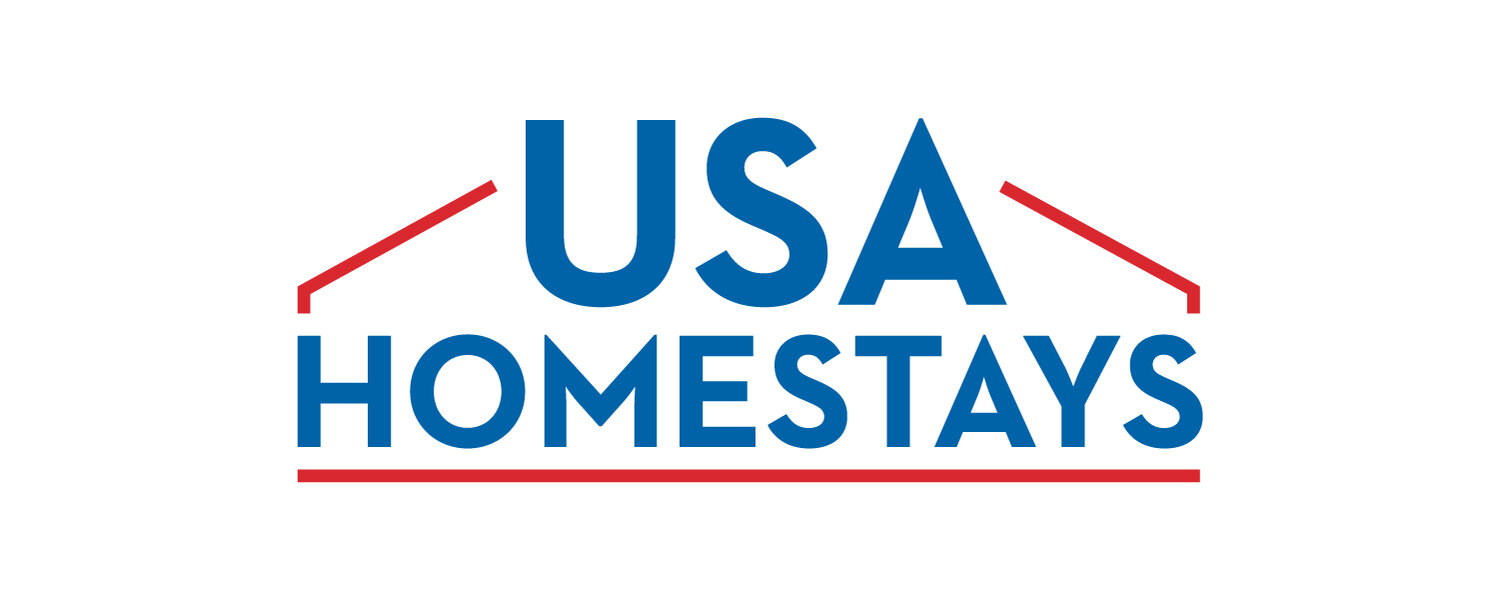Homestays Tax Questions
As required by law, those who receive stipend payments in excess of $600/year will receive an IRS 1099-MISC form from USAH. The form will identify your total receipts over the course of a calendar year. This is the gross receipts for your service as a homestay host, not your taxable income from hosting.
The following is not to be considered tax advice for your situation. You should consult a professional tax consultant to do things properly.
Most host families simply use the 1099 income without expense deductions, but not all. Your tax consultant can help navigate the best path for you.
The IRS and state and local authorities will tax your net income, which means you take your gross stipend, deduct the expenses directly associated with hosting and then declare the balance as taxable income.
Most hosts will declare these expenses/adjustments on Schedule C of your 1040. This is the form commonly used for personal business income. Schedule C provides the easiest way to report your host expenses and declare your net taxable income. The bottom line gain (or loss) is then transferred to your 1040 as taxable income.
Your expenses come from the cost of doing business as a homestay host. The IRS maintains these costs are to be exclusive to the hosting and not things you do in normal home life. You should keep a log of these for later referral at tax preparation time. Here are some ideas of deductions you can take to reduce your income:
• Computers, cameras, furniture, etc. purchased exclusively for hosting.
• Auto expenses using the IRS mileage deduction ($0.575 in 2020). This is for expenses directly related to hosting and can include tolls and parking. (A mileage log should be kept current and must be extemporaneous meaning you cannot go back and recreate if you are audited. You must have a business purpose for every mile claimed and deducted at the time the deduction is taken.)
• Related education expenses for you (education deemed necessary to run a hosting business.)
• Meals related to the business.
• Personal and household items used exclusively in the business.
• Tax services, legal, planning, insurance, etc. may be deductible and you should consult a tax advisor.
• Home office, including a % of all utilities, internet, mortgage/rent, phone.
• The percentage of all home expenses relative to the square footage of the rented room/dedicated bathroom OR a per capita split of all expenses (you can use whatever is larger.)
• Food expenses and personal supplies provided to the guest.
• Business-related travel.
Remember that every situation is different. Don’t rely exclusively on this and please consult your tax advisor.
The above information is provided to help our hosts to better understand the 1099 form. USAH does not guarantee the accuracy and applicability of such information. USAH is not qualified to provide any tax related advice and shall not be held liable for the information shared herein. Hosts shall consult with a qualified professional for their tax matters..

